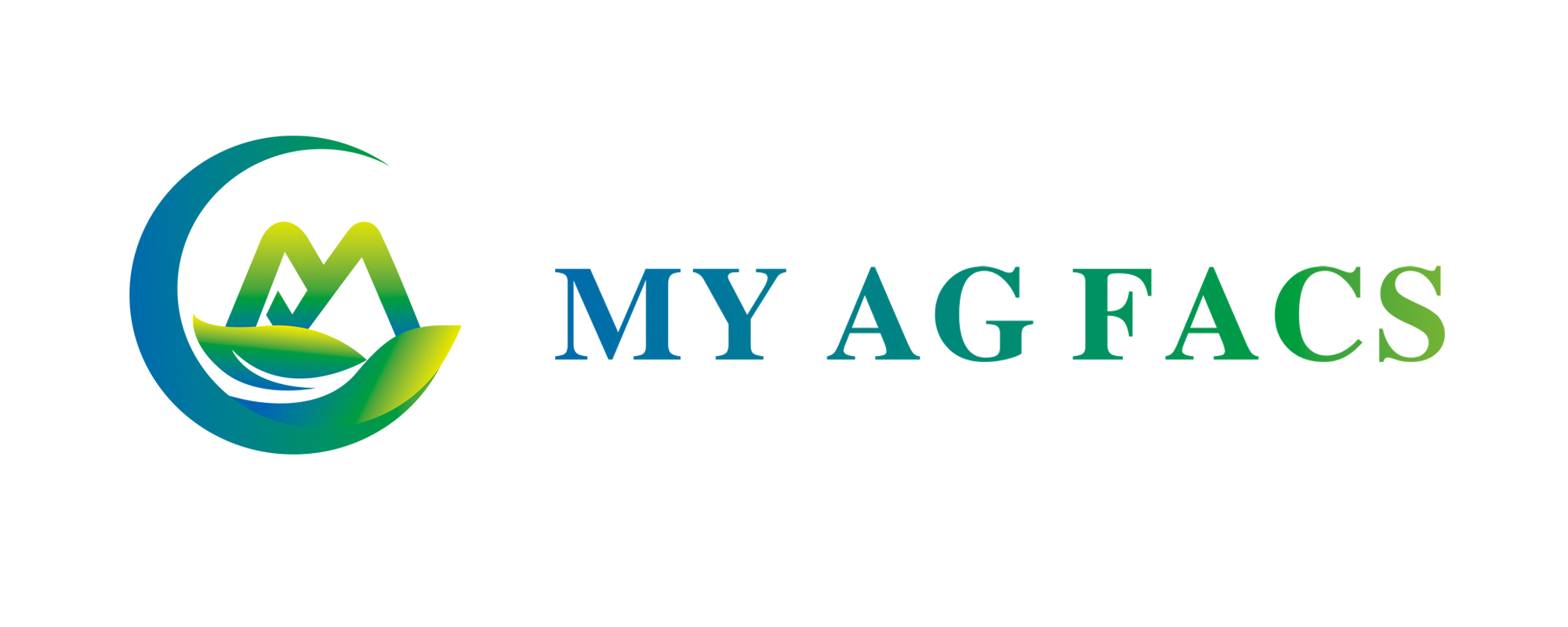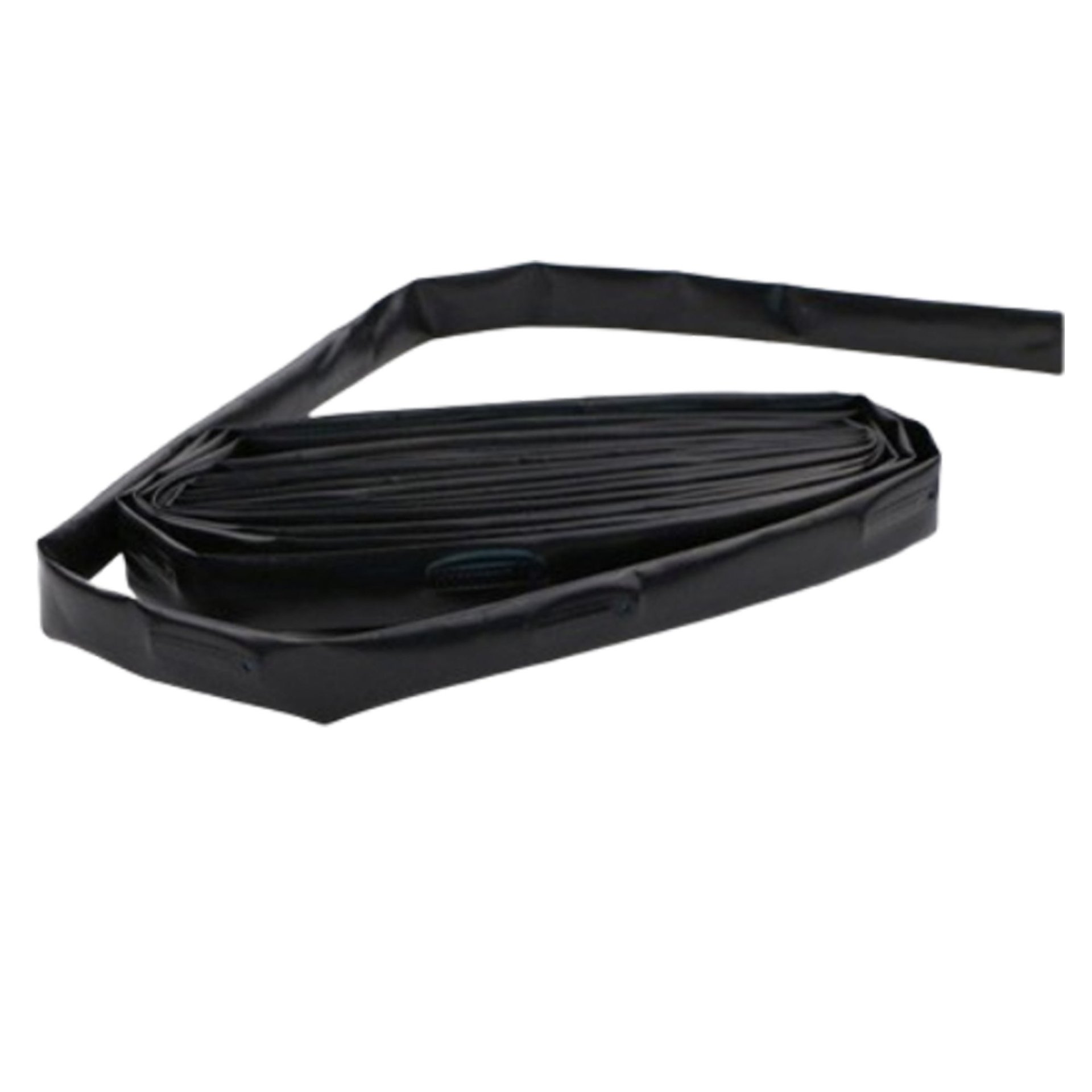

As global water scarcity and climate change increasingly challenge agricultural development, the demand for more efficient and environmentally friendly irrigation technologies has become critical. In this context, drip tape, a highly efficient and water-saving precision irrigation technology, is gaining popularity among farmers and agricultural experts. Its advantages extend beyond just optimizing water usage; it also enhances crop growth environments and boosts production efficiency, contributing to the sustainable development of agriculture.
1. Outstanding Water-Saving Capability:
At the core of drip tape’s design is the low-pressure, low-flow method that delivers water directly to the plant's roots, preventing the evaporation and runoff losses common with traditional irrigation methods. Drip tape allows for precise water delivery based on the actual water needs of crops, reducing waste. According to relevant data, drip irrigation saves between 30% to 50% more water compared to traditional methods like flood or sprinkler irrigation. This makes drip tape a revolutionary advancement, especially for regions prone to drought and reliant on rainfall.
This water-saving advantage positions drip tape as a key technological pillar in global water-conserving agriculture. It not only alleviates the pressure on scarce water resources but also provides farmers with an economically efficient production method, helping them maximize output even with limited water supplies.
2. Increased Crop Yields and Quality:
Precision irrigation helps maintain optimal soil moisture levels, creating the best possible environment for crop growth. Unlike traditional irrigation methods, which often lead to either overly dry or excessively moist soil conditions, drip tape can deliver the exact amount of water crops need at different growth stages. Studies have shown that drip irrigation can increase crop yields by 10% to 30%, with crops showing more uniform quality and fuller, more robust produce.
This consistent water supply also reduces fluctuations in moisture levels, which is particularly beneficial for high-value crops such as fruit trees, vegetables, and greenhouse plants. By better managing water inputs, farmers can see higher economic returns without increasing their initial investment.
3. Reduced Risk of Pests and Diseases:
Traditional flood or sprinkler irrigation methods often leave the soil surface wet for extended periods, creating an ideal breeding ground for pests and diseases. In contrast, drip tape delivers water directly to the plant’s roots, keeping the soil surface dry and reducing the risk of pest infestations. Research has shown that farms using drip tape experience significantly fewer pest and disease outbreaks, which in turn reduces the need for pesticides.
This not only lowers the production costs for farmers but also makes their products more appealing to consumers seeking low-pesticide or organic options, catering to the growing demand for green agricultural products.
4. Automated and Labor-Saving Irrigation:
Drip tape systems can be integrated with automated irrigation control systems, using sensors and smart controllers to precisely set water amounts and irrigation schedules. This means that farmers no longer have to rely on manual operations, significantly reducing labor intensity and time costs.
In large-scale farming, drip irrigation dramatically cuts labor costs while also improving irrigation efficiency. Once installed, a drip irrigation system can run almost fully automatically, freeing farmers from daily manual operations and allowing them to focus on other important aspects of farm management.
As drip irrigation technology continues to advance, drip tape has been widely adopted across a variety of crops. Whether for fruit orchards, vegetables, greenhouse crops, or high-value crops like vineyards and cotton fields, drip tape has proven its irreplaceable value. In these scenarios, drip tape not only helps farmers address water scarcity issues but also enhances both the yield and quality of their crops, significantly increasing their incomes.
In arid regions, drip tape is seen as a "lifeline" for sustaining agricultural production and livelihoods. With limited water supplies, it ensures crops can survive and grow even during dry seasons. Beyond agriculture, drip tape has also found applications in urban landscaping, pasture management, and flower cultivation, showcasing its broad market potential.
Despite its remarkable benefits, the widespread adoption of drip tape still faces some challenges. For small-scale farms, the initial installation cost of drip irrigation systems remains relatively high, particularly in underdeveloped regions where farmers may have limited financial capacity. Additionally, drip irrigation systems require regular maintenance, as blockages caused by mineral buildup or debris in the pipes can reduce their effectiveness.
However, with continuous technological advancements, the cost of drip irrigation systems is gradually decreasing, and they are becoming more durable and easier to maintain. In the future, as smart agriculture technologies become more widespread, drip tape is expected to integrate with other high-tech tools such as sensors, drones, and remote control systems, achieving even more precise and intelligent agricultural management.
As a key irrigation tool in modern agriculture, drip tape offers significant advantages, including water conservation, improved crop yields, reduced pest and disease risks, and automated irrigation. It has emerged as a critical technology for addressing water scarcity in agriculture while providing farmers with an efficient way to boost productivity. With ongoing advancements in technology, drip tape is set to play an even more crucial role in the future, providing innovative solutions for global agriculture's pressing challenges.